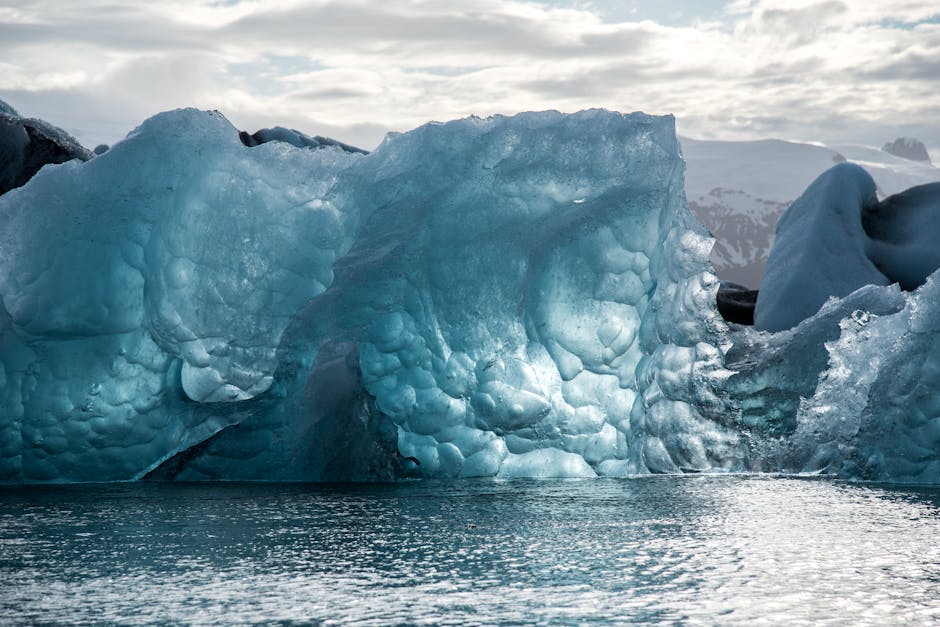Global warming, an alarming issue plaguing our planet, refers to the long-term increase in the Earth's average temperature, primarily due to human activities that release greenhouse gases into the atmosphere. The consequences of global warming are far-reaching and pose significant threats to the environment, human health, and the global economy.
**Rising Sea Levels and Coastal Erosion:**
One of the most visible impacts of global warming is rising sea levels. As the Earth's temperature increases, glaciers and ice caps melt, releasing vast amounts of water into the oceans. This leads to the expansion of ocean volume, resulting in higher sea levels and increased vulnerability of coastal communities to flooding and erosion.
**Extreme Weather Events:**
Global warming intensifies the frequency and severity of extreme weather events, such as hurricanes, heatwaves, droughts, and wildfires. Warmer temperatures cause more water to evaporate from oceans, leading to more intense storms and heavier rainfall. Heatwaves, on the other hand, can result in heatstroke, dehydration, and even death.
**Biodiversity Loss and Ecosystem Collapse:**
The rising temperatures and changing precipitation patterns disrupt ecosystems, threatening biodiversity. Many plant and animal species cannot adapt to the rapid changes, leading to population declines and even extinctions. Coral reefs, vital marine ecosystems, are particularly vulnerable to higher water temperatures and ocean acidification, caused by increased carbon dioxide absorption by the oceans.
**Food Security and Water Scarcity:**
Global warming affects agricultural productivity and food security. Extreme weather events, such as droughts and floods, can damage crops and livestock, leading to food shortages and price increases. Additionally, changes in precipitation patterns can result in water scarcity, especially in arid regions, exacerbating existing water stress and conflicts.
**Health Impacts:**
Global warming poses significant health risks. Heatwaves can lead to heat-related illnesses, respiratory problems, and even death. Air pollution, which is often exacerbated by higher temperatures, can cause asthma, bronchitis, and other lung diseases. The spread of vector-borne diseases, such as malaria and dengue fever, is also influenced by climate change.
**Economic Consequences:**
Global warming has far-reaching economic implications. Extreme weather events can cause billions of dollars in infrastructure damage and loss of life. Coastal erosion and rising sea levels can lead to the displacement of coastal populations, affecting tourism, fishing, and other industries. Additionally, changes in agricultural productivity and water availability can impact global food supplies and economic stability.
**Mitigation and Adaptation:**
Addressing global warming requires both mitigation and adaptation strategies. Mitigation involves reducing greenhouse gas emissions by transitioning to renewable energy sources, improving energy efficiency, and protecting forests. Adaptation involves adapting to the impacts of climate change by building seawalls, strengthening infrastructure, and developing drought-tolerant crops.
**Conclusion:**
Global warming is a critical threat to our planet, with far-reaching consequences for the environment, human health, and the global economy. Urgent action is needed to mitigate greenhouse gas emissions and adapt to the changing climate. By working together, we can protect our planet and ensure a sustainable future for generations to come.

